How to get rid of rats from your yard: 5 tips to keep these rodents away
These easy and humane methods on how to get rid of rats from your yard will help deter these pests
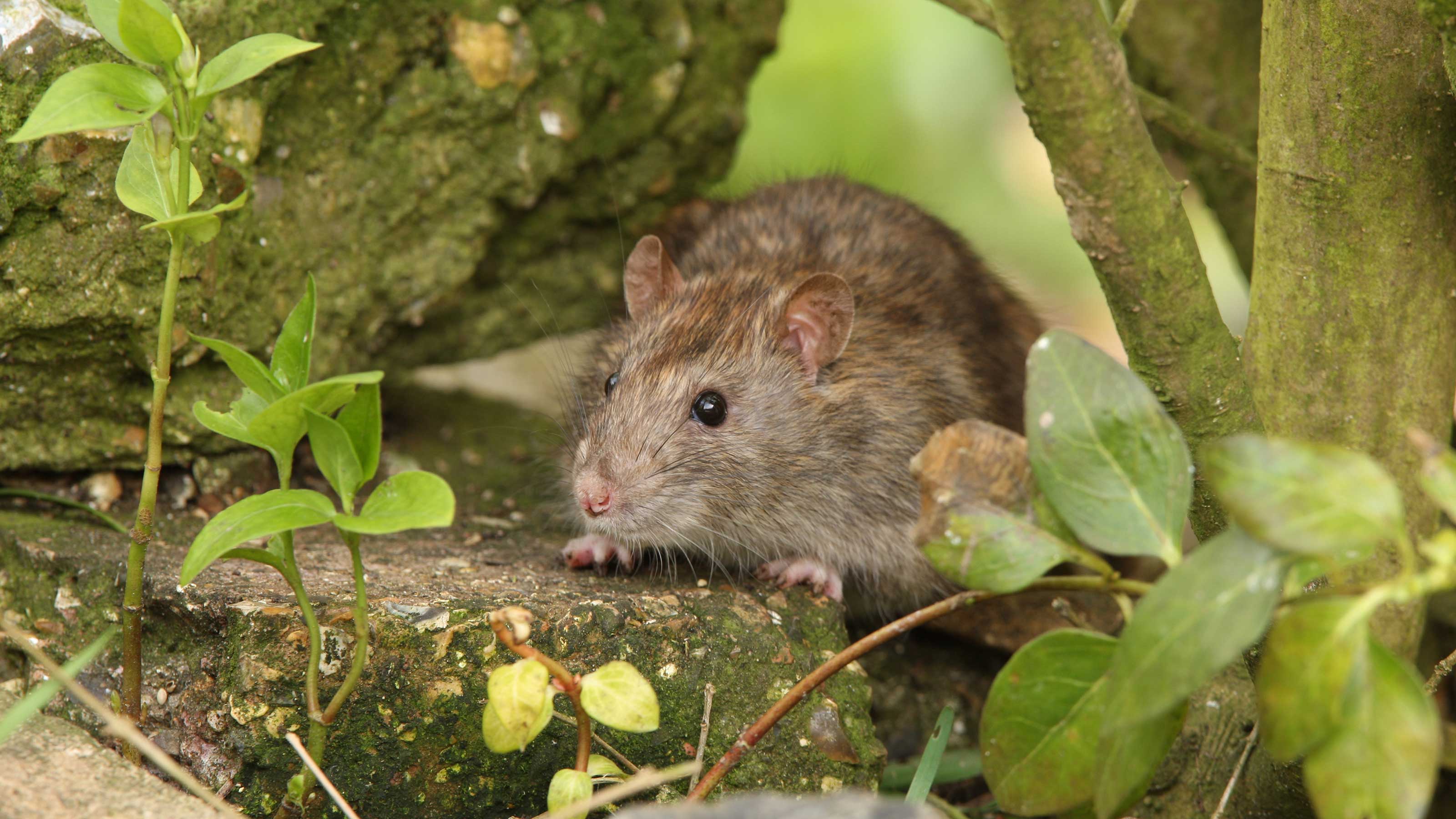

If you need to know how to get rid of rats from your yard, we're here to help.
Rats are unpopular pests for a number of reasons, so it's understandable if you'd rather keep them away from your plot. For starters, they are known for spreading Weil's disease – an infection with symptoms including (but not limited to) a high temperature, sickness, and aching muscles. But also, rats are a pain in the vegetable garden: similarly to rabbits, they'll happily eat their way through your carefully-tended-to crops.
So, to protect your veggies and yourself, learning how to get rid of rats from your yard is definitely worthwhile. We've rounded up all the advice you need.
How can you tell if you have rats in your backyard?
According to the RHS, adult rats are about 8.2in (21cm) in length, not including their long tails.
Telltale signs of rats in the garden include droppings, as well as tooth marks on crops (such as pumpkins, root vegetables, sweetcorn, and stored harvests such as apples). You may also spot them feasting on seeds on your bird feeder.
Keep an eye out for their tunnels in the soil, too. These have an entrance diameter of 1-1.5in (30-40mm), says the RHS: about twice the size of mouse tunnels.
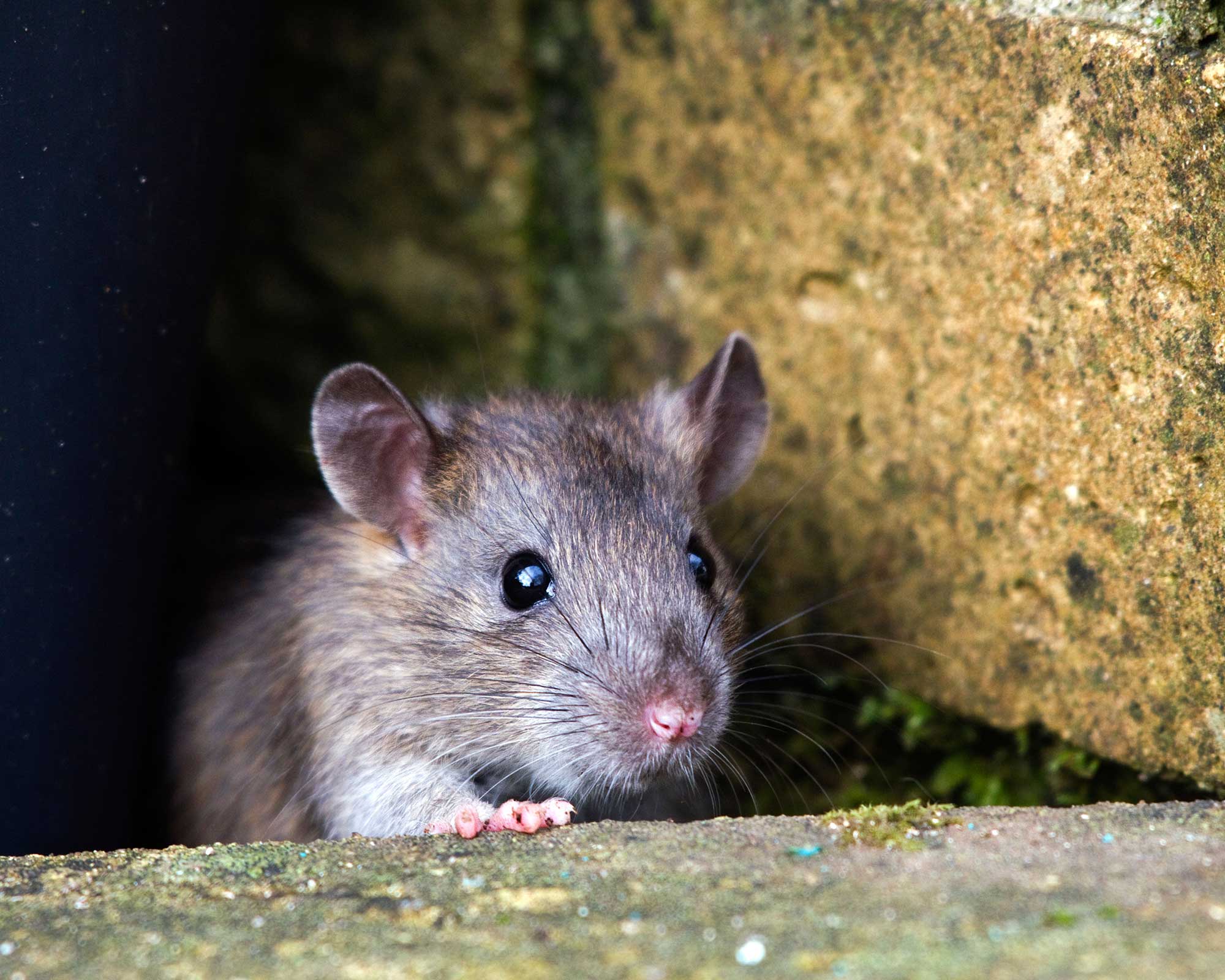
How to get rid of rats from your yard: 5 tips to try
From ways to make your garden less enticing to what to do if you find rats in your compost heap, our advice will help you deal with these problematic pests.
1. Clean up your plot
Making your plot less enticing to rats can help to keep them away. Rats are constantly on the lookout for food and water, so eliminating these sources of nutrition is the best way to stop them visiting your garden, advises Sophie Thorogood from the technical team at Pest-Stop.
Firstly, ensure your trash is stored in bins with secure lids and no holes, she suggests. We like the look of these trash cans from Amazon: the latched lid also makes them good for deterring skunks, foxes, and other larger pests, and they look stylish, too.
'Bird feed is also a favorite for rodents to nibble on,' Sophie continues. If you think you have a rat problem, try limiting the number of bird feeders in your garden: rats have the capability to climb the feeders and are also attracted to any nuts and seeds that have been spilled on the ground.
'As rats need to drink water every day to survive, remove any access to water around the garden,' she adds. This may include buckets, paddling pools, and any watering cans which may be left out. Now's also a good time to fix any leaking taps.
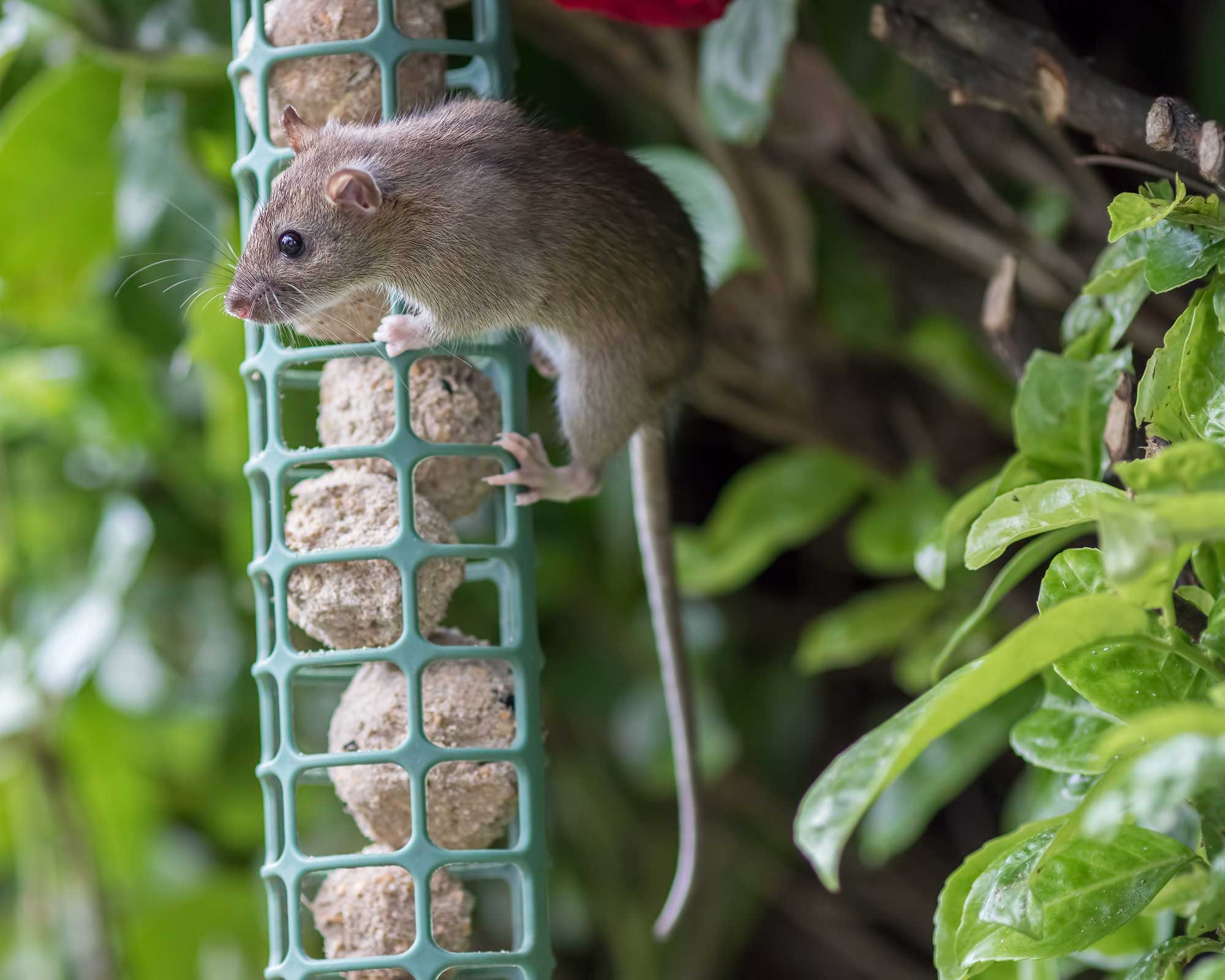
2. Prevent access beneath decking and sheds
'If you have any outdoor buildings, such as sheds and greenhouses, make sure there is no exterior damage,' Sophie says. Rats can also gravitate towards the space beneath decking.
To prevent them from creating nests in these places, first repel any that have already accessed the space with strategically-placed rags soaked in ammonia, suggests PETA: the smell is a deterrent.
Once they have gone, fill in any gaps you can see, even if it's just with simple hardware cloth (available on Amazon), so they can’t access the space. If you're not entirely sure they have left, block access with a temporary solution first, such as steel wool or insulation, says PETA.
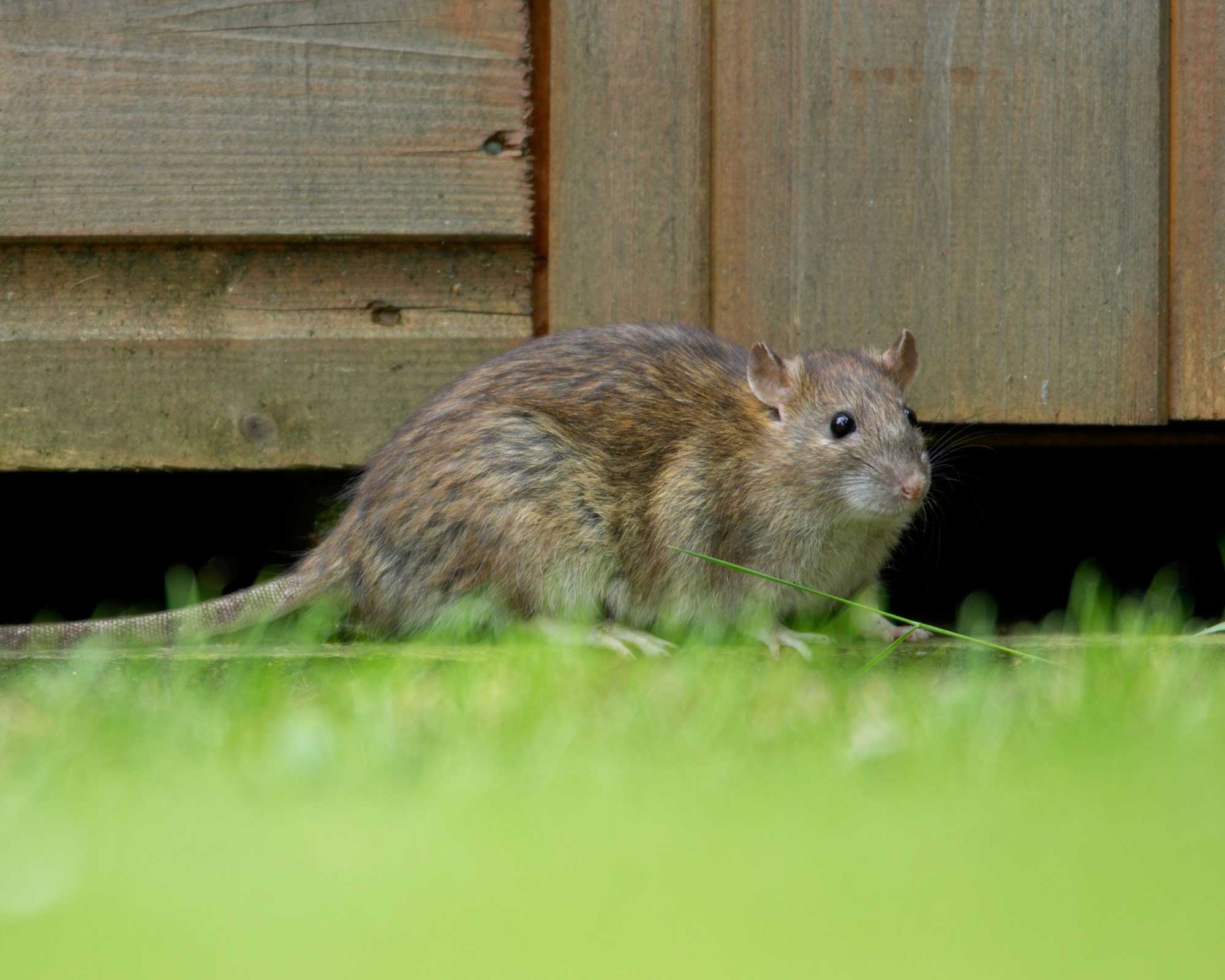
3. Use humane rat traps
'Trap devices offer a safe and harm-free solution to banishing these unwanted guests from your garden,' Sophie says. 'Humane traps are specially developed to cause the least stress and harm to rats when they are caught.'
Many humane rat traps (try Amazon) include an automatically dropping door for an easy capture, a clear plastic exterior allowing for easy monitoring, and plenty of ventilation holes to reduce stress to the caught rat.
It is important to check live traps very regularly (PETA recommends hourly), otherwise, the rodents can die from stress-related disorders. PETA also says to release rats within 100 yards of where they were caught. Rats can also be humanely euthanized by a veterinarian or at a local animal shelter, they add.
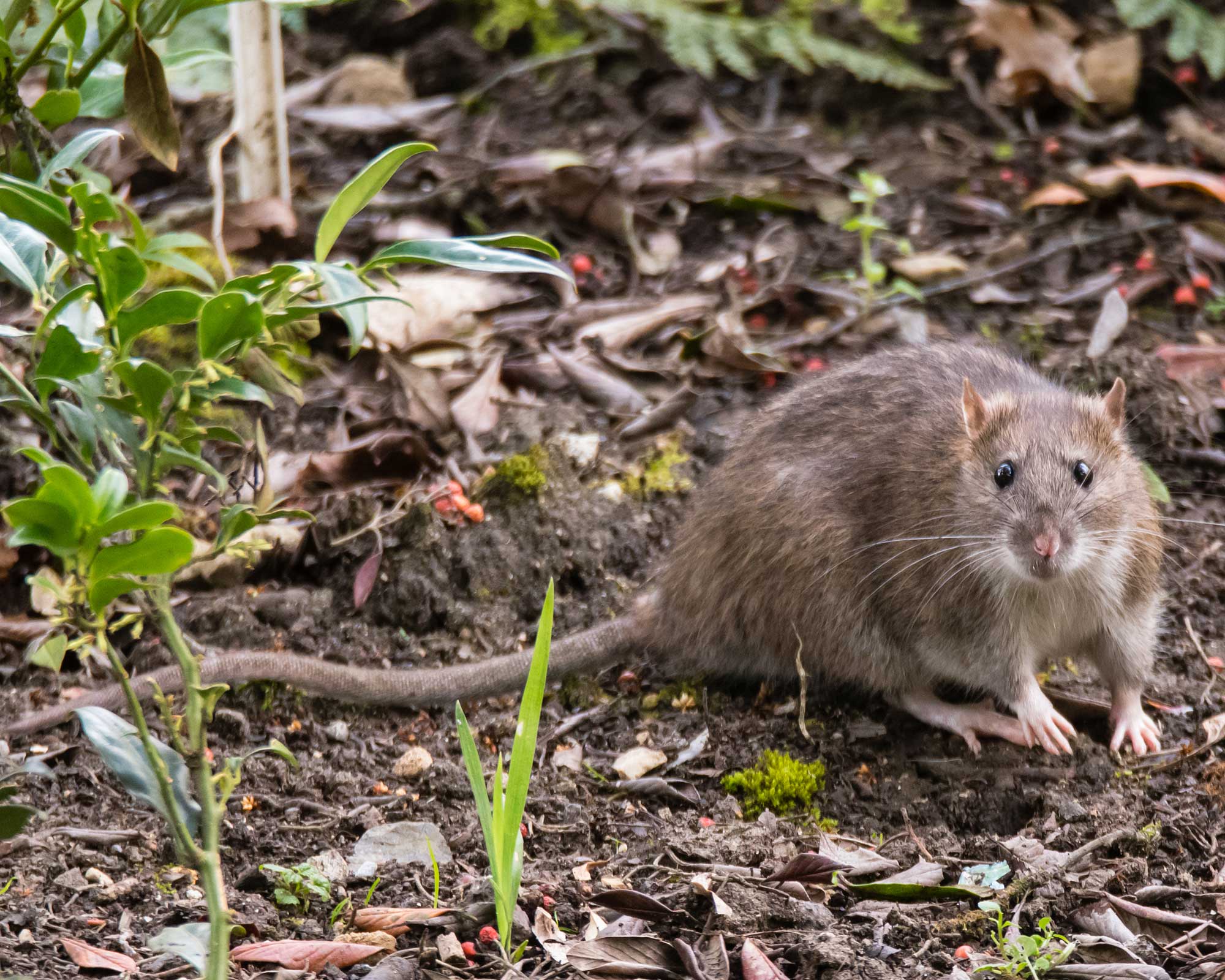
4. Use natural smells to keep rats away
Lavender and mint might have a pleasing fragrance to us, but it's said that rats dislike the smell. So, try planting these perennials around your garden to help deter them. Both work well in patio pots.
Alternatively, try soaking balls of cotton wool in peppermint oil and placing them around areas of your garden where you suspect rats have been visiting. Alternatively, mix a few drops with water and spritz it using a spray bottle.
Mint can be used to help get rid of chipmunks, too, who also dislike the smell.
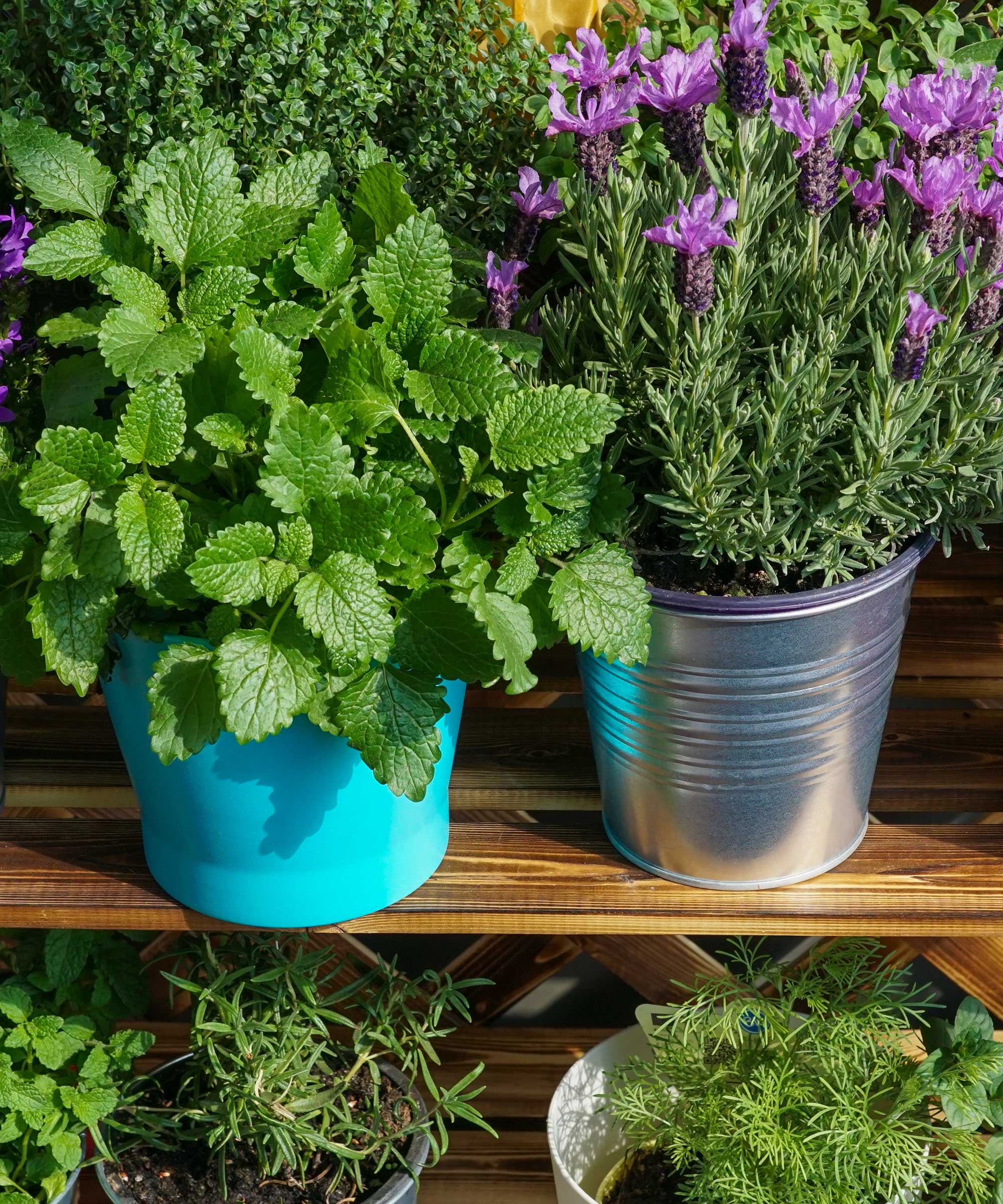
5. Protect your compost bin
If you have rats in your compost, it's an indicator that the heap is too dry, says the experts at Amateur Gardening magazine.
'Dry compost heaps are perfect cozy nesting sites. You should aim to keep the compost damp; not too wet or too dry.
'Rats don’t like disturbance, so regular turning should also help to discourage tunneling and nesting and keep them away,' they continue.
What's more, avoid adding cooked foods to your compost, as well as eggshells, bones, meat or fish scraps, as these items will attract rats as well as flies (and maggots). 'Cover raw vegetable and fruit scraps with grass clippings or decomposed compost. As an extra precaution, you could enclose all the sides – top and bottom –with strong wire mesh. Quarter-inch mesh should keep mice out; half-inch should keep rats out.'
You can still use the compost in your flower beds. But, avoid using it in your kitchen garden around fruit and veggies that are going to be eaten raw and have edible parts in contact with the soil – for instance, radishes and cucumbers – says the RHS. Gloves should always be worn when working in the garden (try Amazon if you need a new pair) and harvested crops should be washed before they are eaten.
'Keep an eye out for other activity to see if you can identify definitively who was investigating the heap,' says John Negus of Amateur Gardening. 'Slow worms, hedgehogs, frogs, toads and newts are all beneficial in the garden and although it might be awkward if they make themselves at home in the compost over winter, your garden will benefit from their presence.'
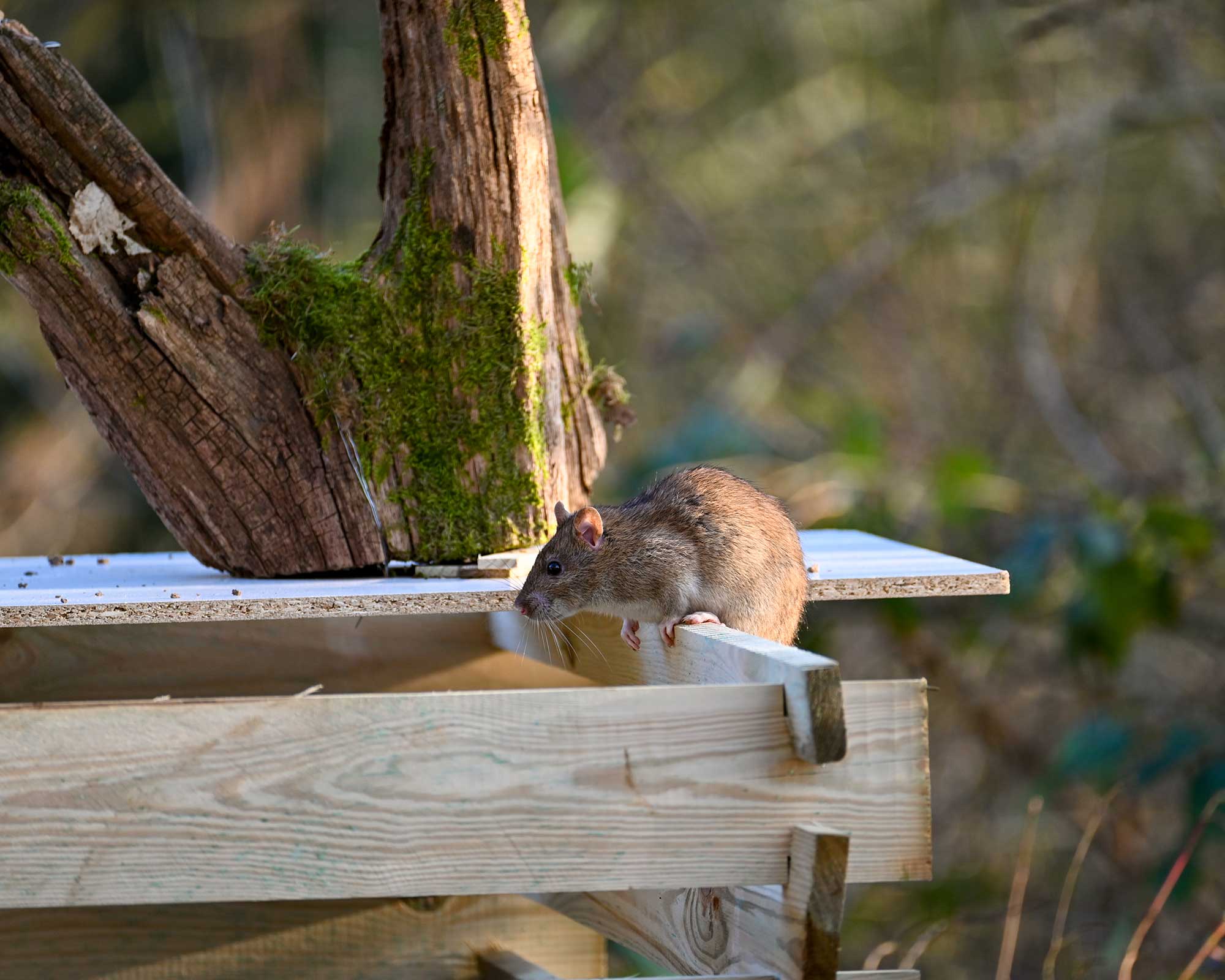
Should you poison rats?
Although putting down poison may seem like the quickest route for getting rid of rats, there are plenty of reasons to avoid it.
For one, it is dangerous – not just for humans but also for other animals, including pets. In fact, in the UK at least, accidentally poisoning non-target animals is illegal, according to the RHS.
It is also widely regarded as an inhumane approach, as the rats who come into contact with poison are often in pain for a period of time – sometimes days – before they die.
What's more, once poisoned, rats tend to crawl to an inaccessible place to die, says the RHS. This results in that telltale, lingering odor and attracts flies.

The garden was always a big part of Holly's life growing up, as was the surrounding New Forest where she lived. Her appreciation for the great outdoors has only grown since then. She's been an allotment keeper, a professional gardener, and a botanical illustrator – plants are her passion.
